Red Cross says life has ‘stopped’ in Myanmar's Rakhine
The International Committee of the Red Cross says life has "stopped" in Rakhine state due to the fear of violence, nearly four months after a new wave of crackdown by the government erupted against the persecuted Rohingya Muslims.
The ICRC director of operations, Dominik Stillhart, said Wednesday that tensions between the Muslims and the dominant Buddhist community were preventing Muslim traders from reopening shops and markets.
"The situation in the northern Rakhine has definitely stabilized, there are very sporadic incidents, but tensions are huge between the communities," Stillhart said after a three-day mission to the remote area. "You get a sense, especially of the two main communities being deeply scared of each other."
He visited the towns of Maungdaw, Buthidaung and Rathedaung in northern Rakhine, where the ICRC, the only aid agency operating in the violence-hit region, is providing food, water and other aid to 150,000 people.
Stillhart said the Red Cross hoped to reach all of the 180,000 Rohingya it estimated remained in the "politically-sensitive" region after more than 600,000 people fled to Bangladesh.
"You travel through the countryside and you really see on both sides of the road villages that are completely destroyed. It just gives you a bit of a sense of the scale of destruction. There is also this pervasive sense of absence."
"It is as if life has stopped in its tracks, people do not move, markets are closed in Muangdaw town," Stillhart said.
He said the main problem facing the Muslims was "the very limited possibilities for them to access their own livelihoods like fields, and especially markets and services."

Late last month, Bangladesh and Myanmar reached a deal to repatriate the Rohingya refugees within several months.
The Red Cross said the returns must be voluntary and safe. "But for now we really don't see a significant return movement and I'm also not expecting that we will see massive return anytime soon," Stillhart said. Citing UN figures, he added that nearly 300 Muslims still fled daily.
About 650,000 Rohingya Muslims have fled Myanmar to Bangladesh since late last year, when Myanmar's soldiers and Buddhist mobs began vicious attacks on the minority Muslims in Rakhine. The crackdown on the Rohingya has intensified since August 25.
All along, government troops and the Buddhist mobs have been killing, raping, and arbitrarily arresting members of the Muslim community. They have also been setting the houses of the Muslims on fire in hundreds of predominantly-Rohingya villages in the northern parts of Rakhine, where nearly all the Rohingya reside.
Myanmar’s government denies full citizenship to the Rohingya, branding them illegal immigrants from Bangladesh. Dhaka, in turn, regards the desperate refugees as Myanmarese. The Rohingya, however, track their ancestors many generations back in Myanmar.
The UN has already described the Rohingya as the most persecuted community in the world, calling the situation in Rakhine similar to “a textbook example of ethnic cleansing.”
Iran urges Security Council to address 'belligerent' Israel's atrocities in Gaza, region
VIDEO | Leader meets workers on Labor Week
French police called in to break up US-style pro-Palestinian student demo
VIDEO | US continues starving Syrians, stealing their resources
Yemeni forces strike Israeli ship, Port of Eilat in solidarity with Gaza
Columbia, Yale students bent on ending US support for Israeli genocide
VIDEO | Genocide in Gaza
Iran calls on BRICS to play role in stopping Israeli crimes


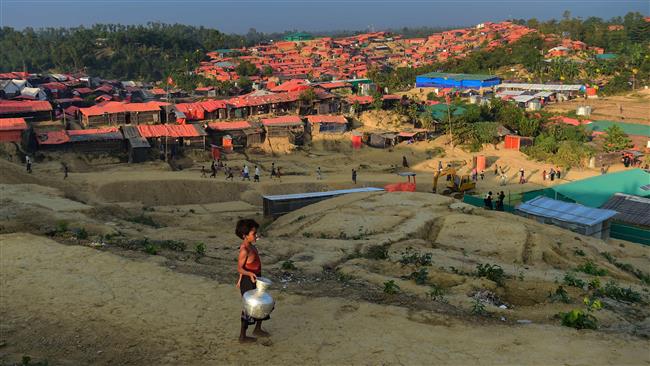
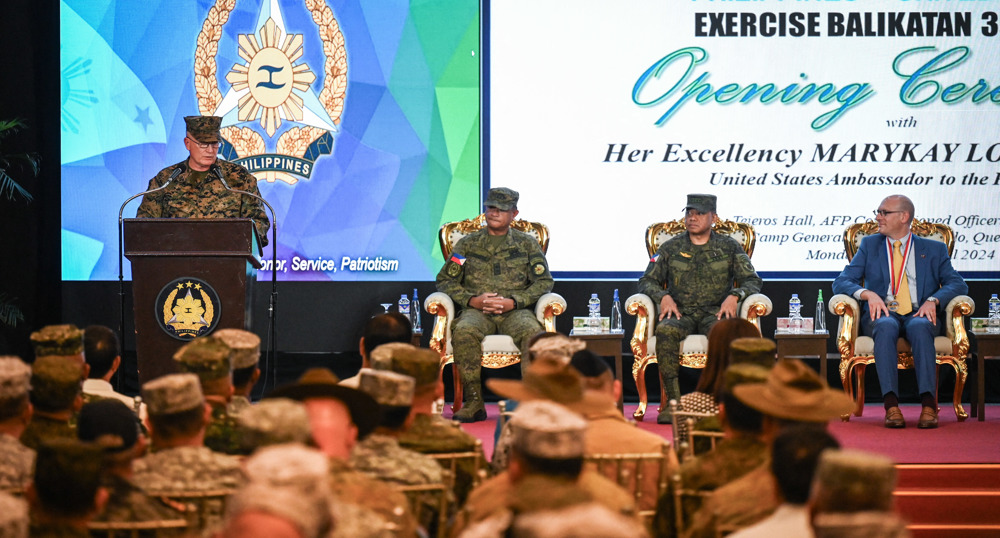

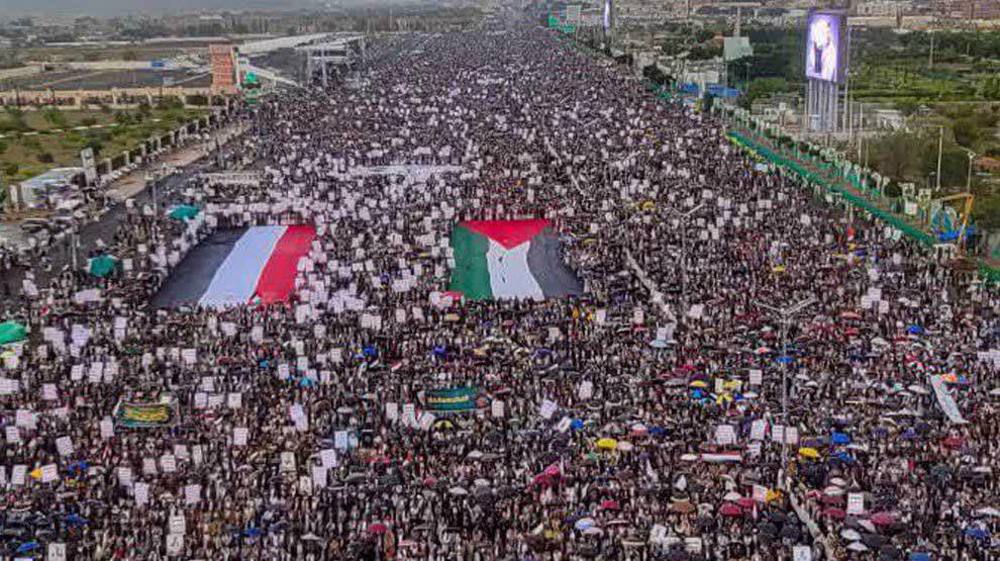



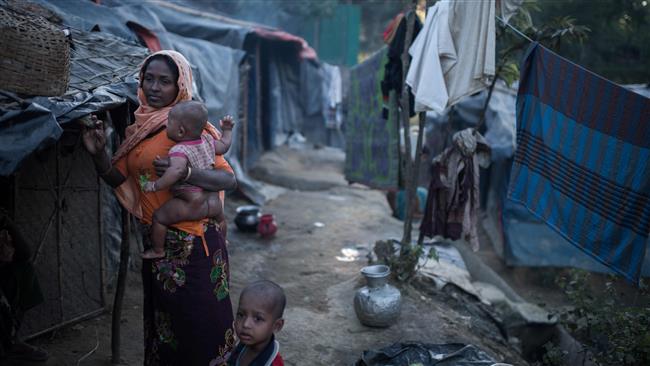
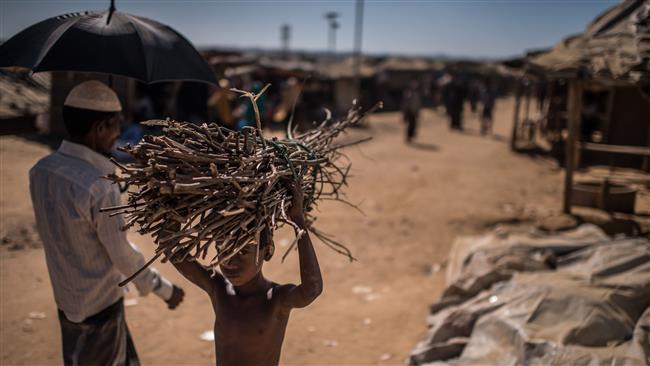
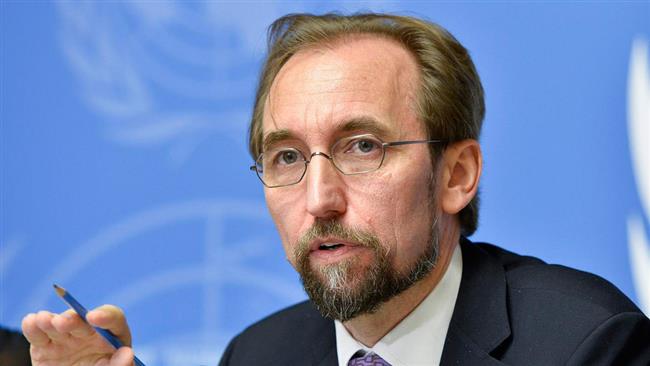
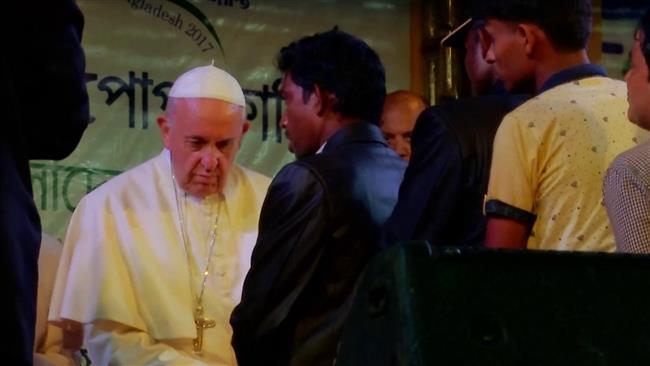

 This makes it easy to access the Press TV website
This makes it easy to access the Press TV website